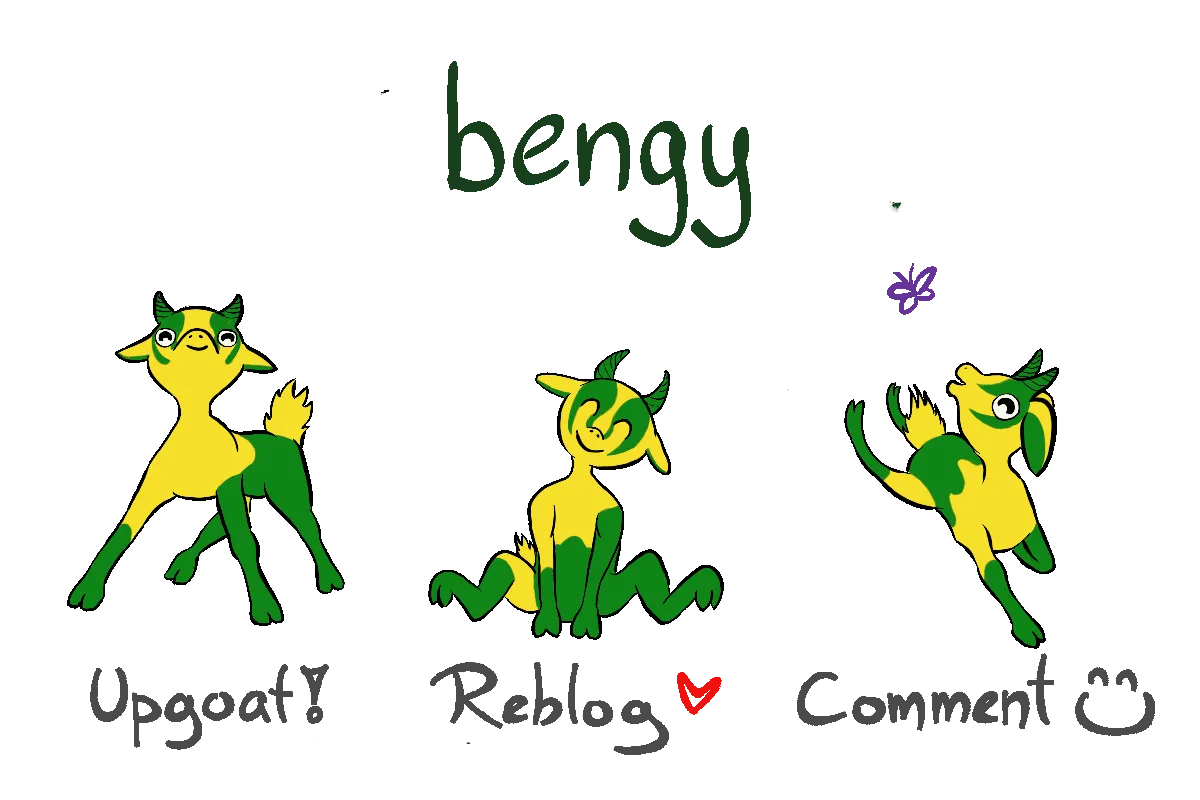
You can find previous Brain Dumps here: Part 1, Part 2.
So, another week of learning more about Constructivism as it relates to learning/teaching from the Piaget and Vygotsky schools of thought. Extending upon the ideas that children (and adults) mostly learn by interacting, doing, failing and trying again. There is a huge focus on the reasoning and logic that students discover together in a classroom with the teacher as a group guide instead of the Behaviourism focus on the end result (right/wrong answer) with the teacher serving as an oracle.
I think this is something that we all can really relate to... how many times have we learnt something by doing it, making mistakes, reflecting and learning, and then doing it better. This is the essence of the Constructivism school of thought. We know certain things (schema) and there are things that we don't know. Between these two areas is the "Zone of Proximal Development" where we can extend our knowledge with support, thus extending our existing schema.
Extending into this zone is uncomfortable, we are happy (at equilibrium) in our existing knowledge. To extend means that we need to balance out of this zone with the new ideas being assimilated and absorbed into our existing schema. The purpose of the teacher is to entice the student out of equilibrium with questions, and guide and support them (erect scaffolding) so that they can incorporate the new knowledge and push out their existing knowledge.
This learning can only be done when the student is engaged. The idea that they are sitting passively and listening to a lecture is the complete opposite of this!
A couple of the units started to introduce us to specific curriculum and how they are coded. It's a nightmare of codes and outcomes and all the rest of this... but in the end, it just appears to be codified versions of simple ideas. Partly, it is to make for ease of computer entry, especially if there is someone along the chain that doesn't know the topic in depth.
There are also pamphlets and guidelines from education authorities about how to implement the theories laid out by the Cosntructivist school of thought. Many of these things are the sorts of things that you would really be doing out of instinct if you were a good teacher, but it doesn't hurt to have them laid out so that we can all reflect on different ways of more effectively teaching students.
There was also a section about diversity again, from a different unit this week. Again, an important thing to think about. Students will have different histories and pasts, which WILL affect the way that they learn in our classrooms. If we make a blanket assumption about what people know and don't know, or have access to, then we are really setting ourselves up for disaster. A pity that the word "diversity" has been hijacked by politics, but it really means... assume nothing, expect not everyone is the same as you. An example of this, I always assume that people have a certain level of knowledge of physics and mathematics... even if it is only a fraction of what I happen to know. However, I am constantly reminded that this assumption just ISN'T true most of the time.... my knowledge is a product of my past history, as much as my lack of knowledge about simple house repairs (which surprises other people!).
So, diversity encompasses, learning difficulties (or gifted), race, gender, poverty (or lack of) among many other things. It isn't the heuristic grouping of people, but it is a consideration of the individual circumstances of each person. I don't see it as a political statement, but just a way of effectively teaching by not making assumptions, the best way to just get the #$%#$$# job done well!
The big annoyance of this week was the Lab Safety module for Science. Science labs are going to be the most dangerous place in a school... chemicals, burners, biohazards all the rest of that. Add in a roomful of teenagers... and you have a potentially explosive (literally...) situation. Add in parents and the law... well, Science teachers need to be hyper-safe whilst still being able to teach in the laboratory.
My science in university skewed very heavily towards the theoretical and abstract. My biggest danger was a sharp pencil. So, much of this stuff is pretty new and overwhelming to me... plus, I did physics, you don't stare at the laser and don't stand in front of the particle beam. Chemicals and biohazards are much more dangerous!
So, we received a wall of text pdf file of "guidelines" and procedures for pretty much every situation. Most of it is common sense, although there are some pretty specific checklists for the chemical and biological stuff. In general, it appears to be err on the side of caution... you have a duty of care to the kids under your guidance.... even if you wouldn't mind setting a few of them on fire!
There was a pretty hard quiz about this mandatory module of study. Let's just say, it is one of the hardest things I've done for a while. Multiple choice, and with very little wiggle room. In the end, I score pretty decently... but that was a module that really left me exhausted and feeling like I had been hit by a knowledge brick!
Anyway, the week is now ended... and we seem to be progressing ahead out of the theory and into making practical lesson plans. How to do it, and how to design lessons that can most effectively harness the ideas that we have learnt in theory. I'm a bit nervous, I have no problems about the topics themselves... but the idea of codifying HOW and WHAT and WHY I teach is completely out of my experience! I guess that is how we learn!


Account banner by jimramones

